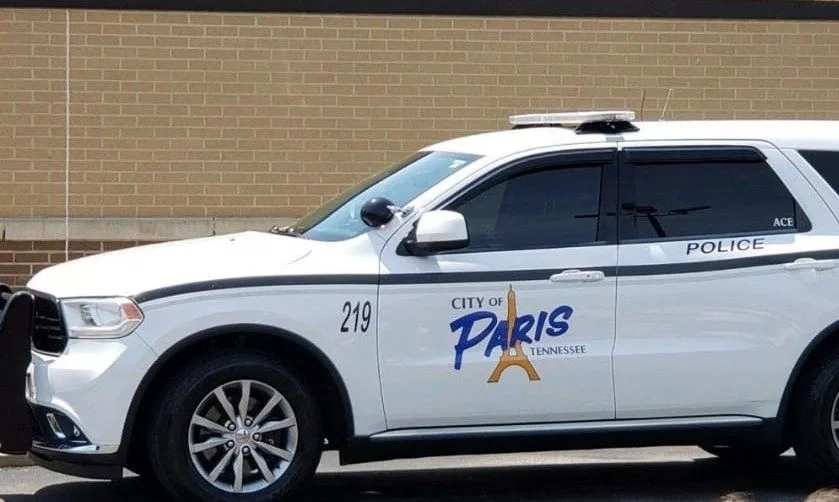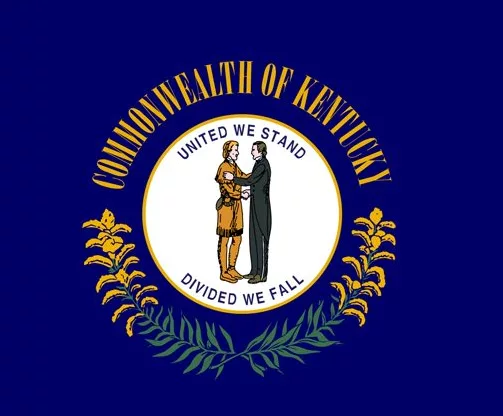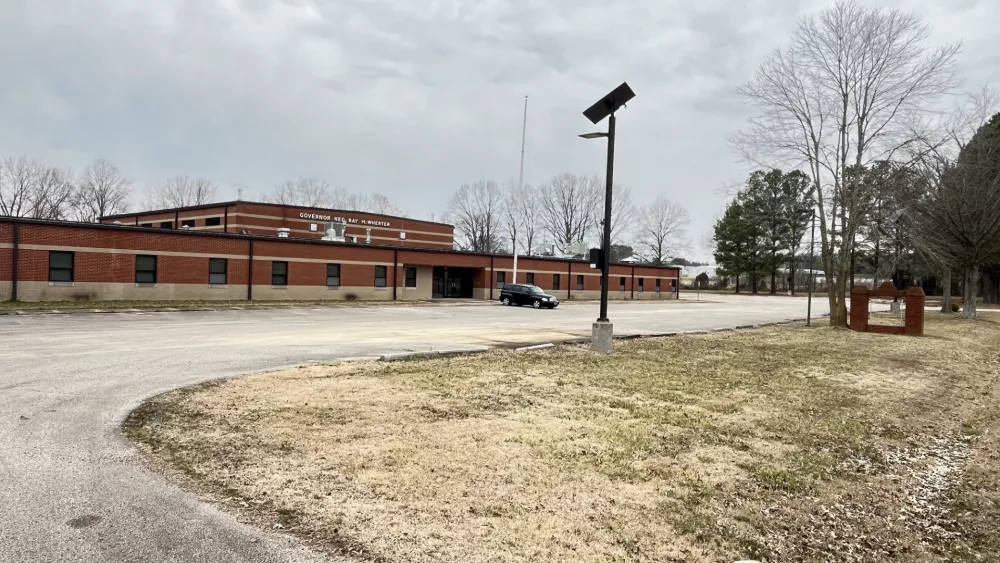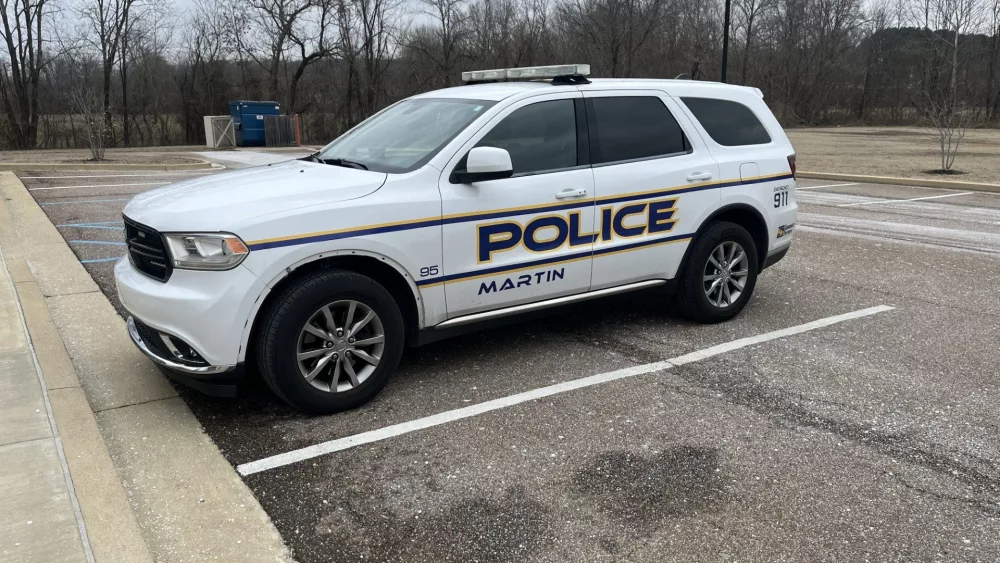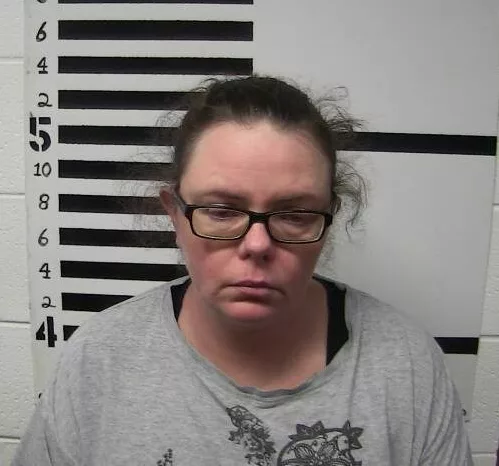This time last year, school systems were consumed with the unknown.
COVID-19 was a reality for which no one knew exactly how to prepare. Administrators used the summer to order face masks and sanitizer while also determining if virtual classes, modified in-person and virtual experiences, or face-to-face five days a week would be most appropriate in their area.
But the pandemic wasn’t the only cause for anxiety. Elementary teachers were also aware that an additional challenge lay ahead. Across the state, districts were adopting new curriculum for reading and writing – and not just new, as in new topics, but new as in a novel approach.
Based on the science of reading that says literacy happens when foundational skills are in place, administrators, coaches, literacy leaders, and teachers were either being introduced to phonological awareness and phonics or getting reacquainted after almost two decades of the method’s being seen as just one optional tool among many.

Since each district got to choose which of the state-approved curriculum plans were best for them, Weakley County’s Supervisor of Elementary Instruction Terri Stephenson turned to teachers to help make the choice. Teams were formed. Research got underway. Visits and interviews with publishers and users were completed. Before schools closed, plans for training on Benchmark Advance, the selected curriculum, were in place.
With different chose curriculum, the content would be slightly different from county to county, but, statewide, the main components were similar. In the classroom, students would experience a multiple-week unit on one topic. They would hear read-alouds, work together with shared and guided reading, and work toward independent reading. Scaffolding would apply as they took material in chunks and built on it each day, each week, and, ultimately, through the years.
Kindergarten through second grade would start with phonological awareness, becoming aware of sounds in spoken words, learning how to create those sounds, and how those sounds apply to letters. Grades 3-6 would deal in phonics, growing their knowledge of letter sounds and applying that knowledge to decoding unfamiliar printed words.
“When I look back on the training we provided – all through Zoom meetings to keep our teachers as safe as we possibly could – and then on how they built on that training, I’m amazed,” said Stephenson. “But even more amazing was seeing the students’ growth. To walk the halls and see the written work our students were producing was inspirational. If we can do this caliber of work during a pandemic, I can’t wait to see what we will do next year.”

To prepare for what’s next, teachers statewide have spent the spring completing a Tennessee Department of Education-produced online course that will be required for all teachers’ licensures in 2023. A second week of training is being provided by enlisted facilitators like Jessica Glasgow, Weakley County’s RTI Coordinator, who is either providing a week of in-person training in the summer or, as in Weakley County’s case, integrating the material in professional development planned for 2021-22.
The continued training is critical say administrators because just like their students, teachers need to experience — what for many is new material — in “chunks.”
“Scaffolding is a big part of what we value in the new curriculum,” noted Stephenson. “All our students in K-5 are studying life science in the first unit, for example. The second grader is learning about how plant and animals in their habitats and the fifth grader is reading about animal adaptations. The second grader is working on short vowels and the fifth grader is examining vocabulary for its Greek or Latin roots. Not only are we building on background knowledge and vocabulary each year but the conversations around a dinner table among siblings in different grades is going to prove to be fascinating as well.”
Those conversations were the turning point in Glasgow’s belief in the curriculum.
“For me, as a teacher, what really turned me around and changed my mindset, was how excited I saw the kids, the conversations they were having,” she explained. “They were so excited to read. Teaching the old way, I didn’t see that. When I saw that it was working with them, that’s what made me say, ‘It’s working for me.’”
“Working for her” has translated into Glasgow being tapped by the state to provide training for four surrounding districts. She says addressing teachers who may have never been exposed to phonics as a learner or in their educator prep courses and those who have spent decades utilizing a different approach that only gave a nod to the practice means she is gaining a wide scope of perspectives to bring back to Weakley County.
“We are all in it together. This work kind of let’s me know that this isn’t just a transition in Weakley County. This is the whole state of Tennessee, the changes that we are making. I’m seeing how big of a movement this really is.”
Stephenson and Glasgow are encouraging parents to continue the progress through the summer of 2021.
“We don’t want to lose ground,” noted Stephenson. “If parents really want their children to be prepared for the coming year, what better way to enjoy the summer months than exploring the outdoors and reading about it as well. With our curriculum’s first unit being Life Science, almost anything you do in nature will be investing in their background knowledge for the fall.”
To assist with summer reading, periodic suggestions will be made throughout the summer months on www.weakleyschools.com and in social media.
(Karen Campbell – Weakley County Schools Communications Director)

